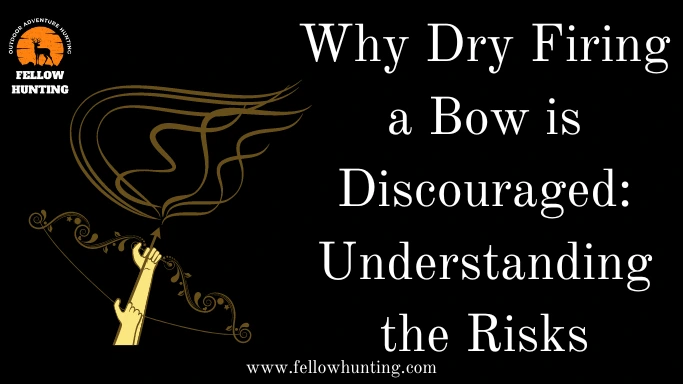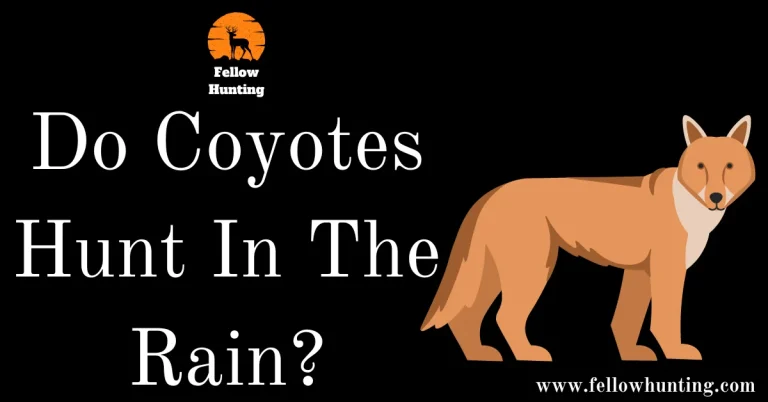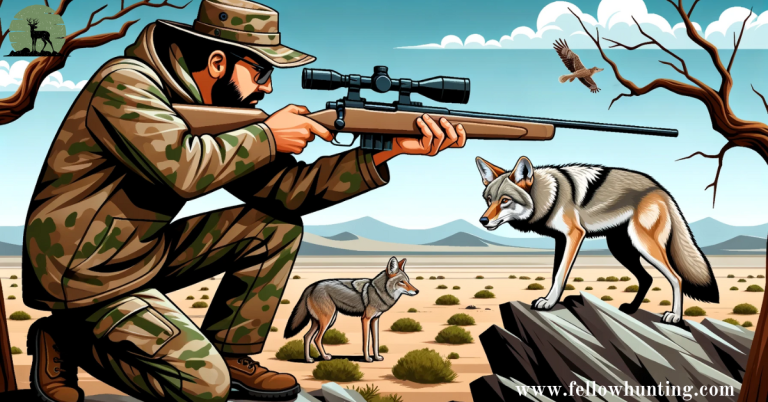The 13 Unbelievable Factors That What Are Limiting Factors In Hunting?
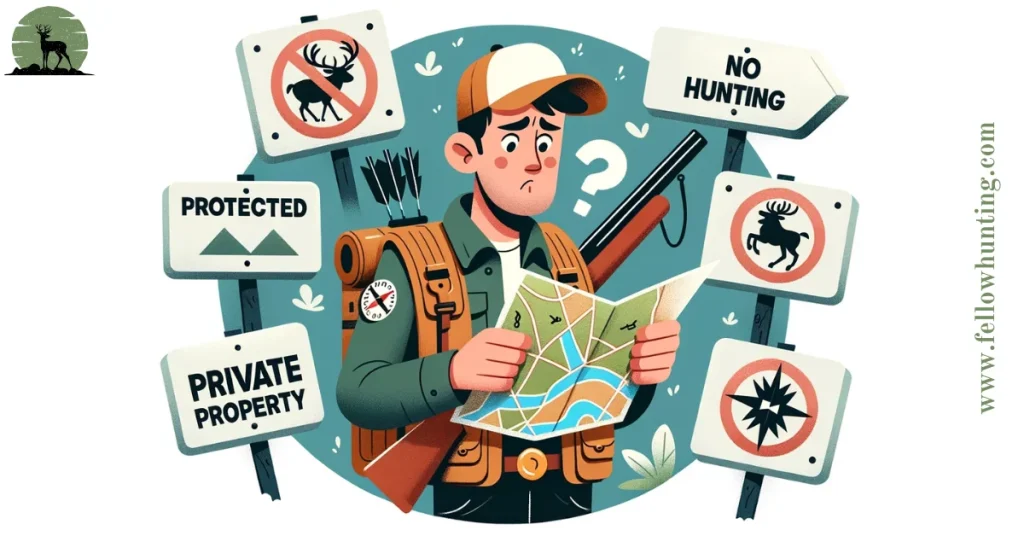
Hunting isn’t just something you do on the fly. It’s both an art and a science, filled with nuances, techniques, and plenty of variables that can affect your outing. If you think it’s just about grabbing a gun and heading into the woods, think again! There are a lot of considerations, from choosing the right gear to understanding animal behavior and much more. But hang on, because today we’re going to dive into something we often overlook: the limiting factors in hunting.
What Are Limiting Factors In Hunting?

Whether you’re a newbie or a seasoned hunter, you must’ve faced challenges that you didn’t anticipate. What are these challenges, and how do they impact your hunting experience? Well, they are often called limiting factors. From bad weather and difficult terrain to elusive animals, these elements can make your hunting trip go from awesome to just plain frustrating. But don’t worry; understanding these limiting factors can prepare you better for your next adventure.
Natural Limitations
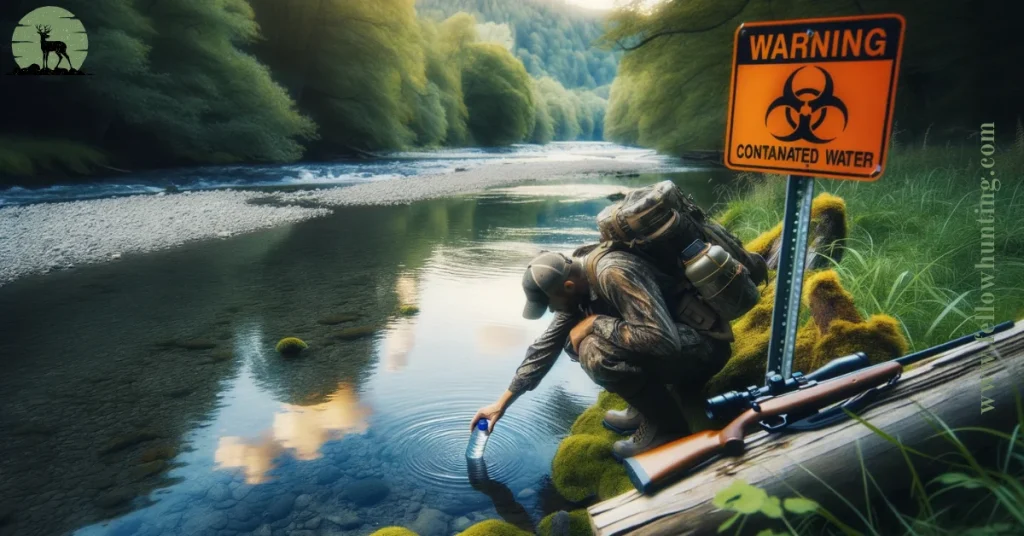
Weather Conditions
Let’s kick things off with the weather, shall we? Ah, the ever-changing weather! Whether it’s raining cats and dogs or the sun is beating down like there’s no tomorrow, weather can seriously cramp your hunting style. Ever tried tracking an animal in the mud? Or have you been in a situation where extreme heat made it almost impossible to continue? Bad weather can result in poor visibility, and harsh conditions might even be hazardous to your health. So, always check the weather forecast and plan accordingly.
Terrain
Next up, let’s talk terrain. Imagine you’ve got your eyes set on hunting in a mountainous area. You’re all excited, and why not? The views are stunning! But let’s not forget that steep slopes and rocky terrains can be physically demanding. On the flip side, flat and open terrains may seem less challenging but can offer little to no cover, making it easier for animals to spot you. In short, the lay of the land matters—a lot!
Animal Behavior
Last but not least, let’s talk about the stars of the show—the animals themselves. You may think you’ve got them figured out. After all, how hard can it be? But let’s get real. Animals are not only unpredictable, but they’re also smart and highly adaptive. They’re not going to stand in one spot waiting for you to take your best shot. Factors like mating season, migration patterns, and even the time of day can dramatically affect their behavior.
Man-Made Limitations
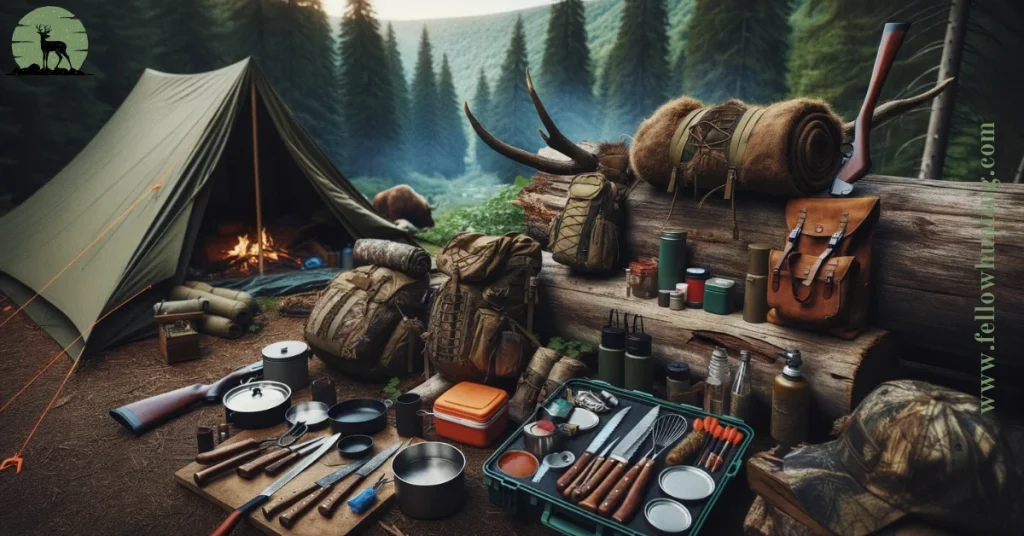
Laws and Regulations
Oh boy, here comes the red tape! Just when you thought you had it all figured out, right? Laws and regulations can be a serious buzzkill for your hunting spree. Different states, heck, even different countries, can have their own sets of rules. What’s allowed in one place might be a no-go in another. Whether it’s hunting seasons, bag limits, or restrictions on types of weapons, you’ve got to be in the know. Failing to follow the law not only puts you at risk for fines but could also earn you a revocation of your hunting license. So, do your homework and abide by the law.
Availability of Equipment
Ah, the great gear dilemma! While a variety of hunting equipment is available in today’s market, not everything you need may be accessible when you need it. Maybe the special ammunition you prefer is sold out, or perhaps the specific type of hunting blind you like is back-ordered. Also, let’s not forget that quality equipment often comes with a hefty price tag. So, even if it’s available, it may not be within your budget. Remember, the right equipment can be a game-changer, so plan and invest wisely.
Human Population Density
Ever thought you’d find the perfect hunting spot only to discover it’s swarming with people? Yikes! A high density of human activity can be a significant deterrent to a successful hunt. It could be other hunters, hikers, or even a nearby settlement. A crowded area can make animals more cautious and elusive, not to mention how it affects your hunting experience. So, choose your hunting location wisely, considering the level of human activity in the area.
Skill-Based Limitations

Marksmanship
Bang! Or did you miss it by a mile? Your shooting skills, or the lack thereof, can be a pivotal factor in hunting. Accurate shooting is crucial, not just for success but also for ethical hunting. Wounding an animal without a clean kill is something no responsible hunter wants. Like any other skill, marksmanship requires regular practice. So keep honing those skills, both on and off-season.
Patience
You’ve heard it said, “Patience is a virtue.” Never is this truer than in hunting. Animals don’t work on your schedule; they have their rhythms and routines. You may need to wait for hours for the right opportunity. Rushing through a hunt due to impatience often leads to mistakes, missed chances, or even accidents. So, if you’re the type who’s always in a rush, take up knitting instead!
Physical Fitness
Last but not least, let’s talk about physical fitness. You don’t need to be an Olympic athlete, but a decent level of fitness is essential for a successful hunt. Whether it’s trekking miles into the woods, climbing trees, or hauling your game back, hunting is a physically demanding activity. A lack of fitness can turn a promising hunting trip into an ordeal. So, consider incorporating some physical training into your preparation.
Ethical Considerations
Fair Chase
Hold your horses, folks! Ethics aren’t just for philosophers; they’re front and center in the hunting world, too. Fair Chase is a cornerstone. It’s the idea that the animal should have a fighting chance and not just be fish in a barrel. Using practices that give the game a fair shot at escape ensures that hunting remains a sport of skill rather than merely an exercise in target practice. Upholding the principle of Fair Chase is essential for both the integrity of the sport and conservation efforts.
Conservation Efforts
Let’s shift gears a bit. Conservation isn’t just for tree-huggers. Hunters play a significant role in maintaining the balance of wildlife populations. The money spent on hunting licenses often goes directly into conservation programs. But it’s not just about the dollars and cents; ethical hunting ensures that animal populations remain sustainable for future generations. So, being a conservationist is part and parcel of being an ethical hunter.
Psychological Factors
Fear Factor
Oh yeah, the ol’ butterflies in the stomach! Whether it’s your first hunt or you’re an old hand, fear and adrenaline are part and parcel of the experience. But unchecked fear can hamper your focus and decision-making. So, take a few deep breaths, calm that racing heart, and remember why you’re out there in the first place.
Decision-making
Here’s where the rubber meets the road. Making the right call at the right time can make or break your hunt. From choosing when to take that crucial shot to decide whether to track an animal or wait, your decisions are a huge factor. The more you hunt, the more you’ll sharpen your decision-making skills.
Economic Limitations
Costs Involved
Hunting can be expensive. There’s gear, ammo, permits, and don’t even get me started on gas prices these days. All these costs can add up quickly, making hunting a pricey affair. Being budget-conscious can help, but sometimes the price can be a real hurdle.
Licenses and Permits
Ah, paperwork—the necessary evil we can’t escape. Whether you’re venturing into a new business or leveling up in technology, licenses and permits are your first hurdle. You might think, “Why should I bother?” Well, let’s break it down. They’re like your passport to the tech world. No ticket, no entry!
Technological Aspects

We’re living in a digital age, folks! Technology is advancing faster than you can say, “Siri, what’s the weather like?” While it’s all fine and dandy, technology has its setbacks. High costs, dependency issues—you name it. Don’t get me wrong; I’m not knocking technology. It’s awesome, but it is not perfect.
Modern Gadgets and Their Limitations
Smartphones, tablets, smartwatches. We’ve got gadgets coming out of our ears! They make life a breeze but come with their own set of problems. Battery life is a perennial issue. Then there’s the problem of compatibility and, oh, let’s not forget privacy concerns. Bottom line: modern gadgets are like that flashy car you always wanted; they look great but need constant upkeep.
Traditional Methods
Now, you may be wondering, “What about the good old-fashioned way of doing things?” You’re onto something. Sometimes, traditional methods are like hidden gems. No Wi-Fi? No problem! An old-school notebook never runs out of battery. But, just like technology, traditional methods have their limitations. They can be time-consuming and a little outdated.
How to Overcome These Limitations
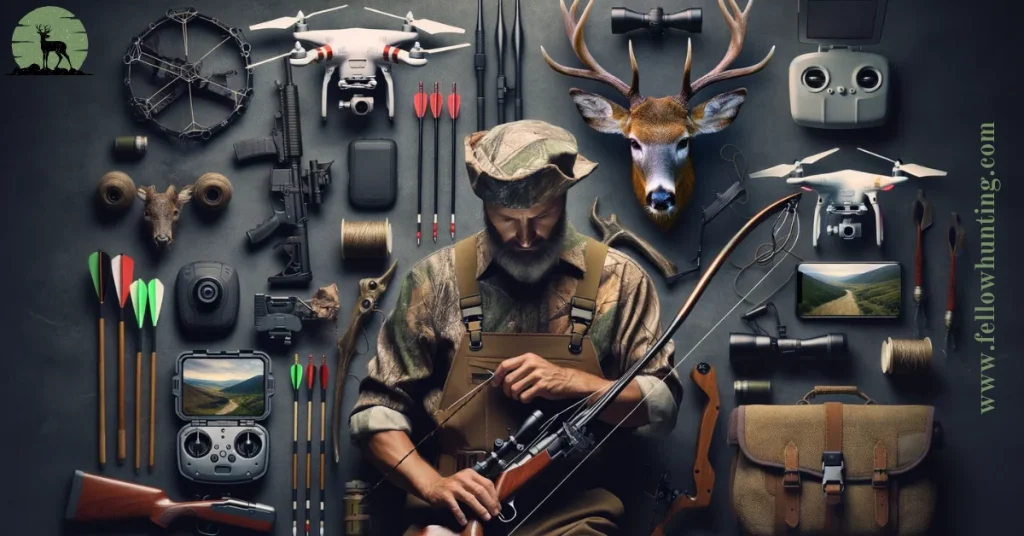
Skill Development
The key to any door of opportunity is skill development. Whether you’re tech-savvy or a pen-and-paper kind of person, honing your skills is essential. So, take a course, read a book, or even watch YouTube tutorials. The more you know, the less you’re held back.
Planning and Strategy
They say, “If you fail to plan, you plan to fail.” A solid plan and a sound strategy can help you overcome almost any limitation. It’s like having a roadmap for a cross-country trip. You’ll get there, one way or another.
- SCHNAUZER SHEDDING TIPS TO KEEP YOUR FURRY FRIEND’S COAT HEALTHY 2023 - November 24, 2023
- A Guide to Husky Puppies: Your Fluffy Companion Awaits - November 24, 2023
- Can Cats Eat Carrots? Unearthing the Truth - November 24, 2023

